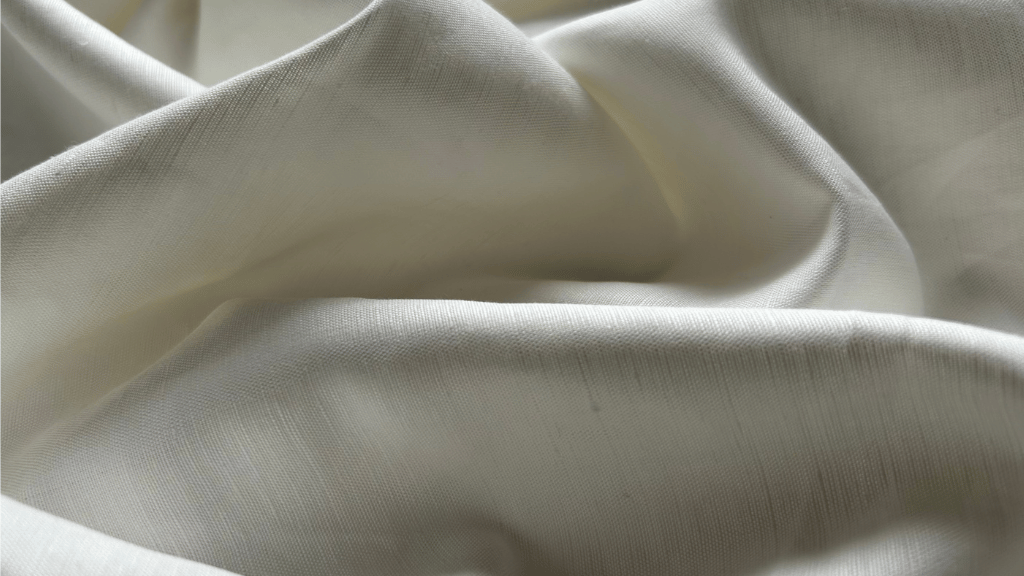
Organic fabric and why it is the future?!
Should creating beautiful things affect the environment or harm anyone? After all, beauty shouldn't destroy anyone; in fact, it should spread harmony, love and beauty.
So why not shift to organic fabrics to construct beauty and not hate.
What is the organic fabric?
Today, no matter how many technologies or how much equipment we create, it is impossible to form an organic fabric with a 100% organic process, but we have succeeded to reach 95% if not 100%
So, when it comes to organic fabric, this means the textile has been grown without the use of harmful pesticides and defoliants for at least three years, and organic farming is the greenest approach to produce high-quality organic fibre, which is then transformed into fabric. Therefore, we can call natural materials organic fabrics when manufactured using organic production systems right from thread to fabric stage.

One of the most significant advantages of creating organic fabric is that it demands organic farming. In the organic farming method, fibres are grown in controlled settings with no pesticides, synthetic fertilizers or toxic chemicals. In addition, federal regulations prohibit genetically engineered seeds for organic farming, which helps farmers protect themselves from harmful chemicals.
Environmental benefits of Fabric Organic:
- Clothes created from fabric organic leaves no chemical retention; thus, it will significantly benefit people with different chemical allergies or any other chemical sensitivity by using organic fabric.
- These fabrics are a great source of absorbing and reflecting lights, making them suitable to be worn in any weather.
- It doesn't harm the wearers or the makers as there are no chemical pesticides, herbicides, and chemicals during the farming process.
- Organic fabric farming produces far less CO2 emissions. Organic farming takes 1.5 tonnes of CO2 per acre per year from the atmosphere.
- This kind of farming uses up to 60% less water than conventional farming methods. Hence, it helps to preserve and save water.
- When we discard organic fabric, no pesticides and herbicides are returned to the Earth in landfill or enter into the recycling process.
- Creation of organic fabric builds more jobs and income for local farmers.

Types of Organic Fabrics:
- Aloe Vera Fabric
- Bamboo Fabric
- Banana Fabric
- Eucalyptus Fabric
- Hemp Fabric
- Kala Cotton Fabric
- Khadi Fabric
- Linen Fabric
- Lotus Fabric
- Milk Fabric
- Nettle Fabric
- Cotton Fabric
- Recycle Cotton Fabric
- Orange Fabric
- Rose Fabric
- Soya Fabric
- Silk Fabrics
- Wool Fabrics
So when organic fabrics have so many benefits, so many advantages and very hardly any drawbacks, why use chemical materials? You even have a variety of organic textiles to choose from, ones those last for a decade and doesn't harm the wearers.
Suvetah is one of the leading bulk organic fabric manufacturer in India.
Suvetah is GOTS certified sustainable fabric manufacturer in Organic Cotton, Linen and Hemp Fabric.
We are also manufacturer of other fabrics like Denim, Kala Cotton Fabric, Ahimsa Silk Fabric, Ethical Recycled Cotton Fabric, Banana Fabric, Orange Fabric, Bamboo Fabric, Rose Fabric, Khadi Fabric etc.

